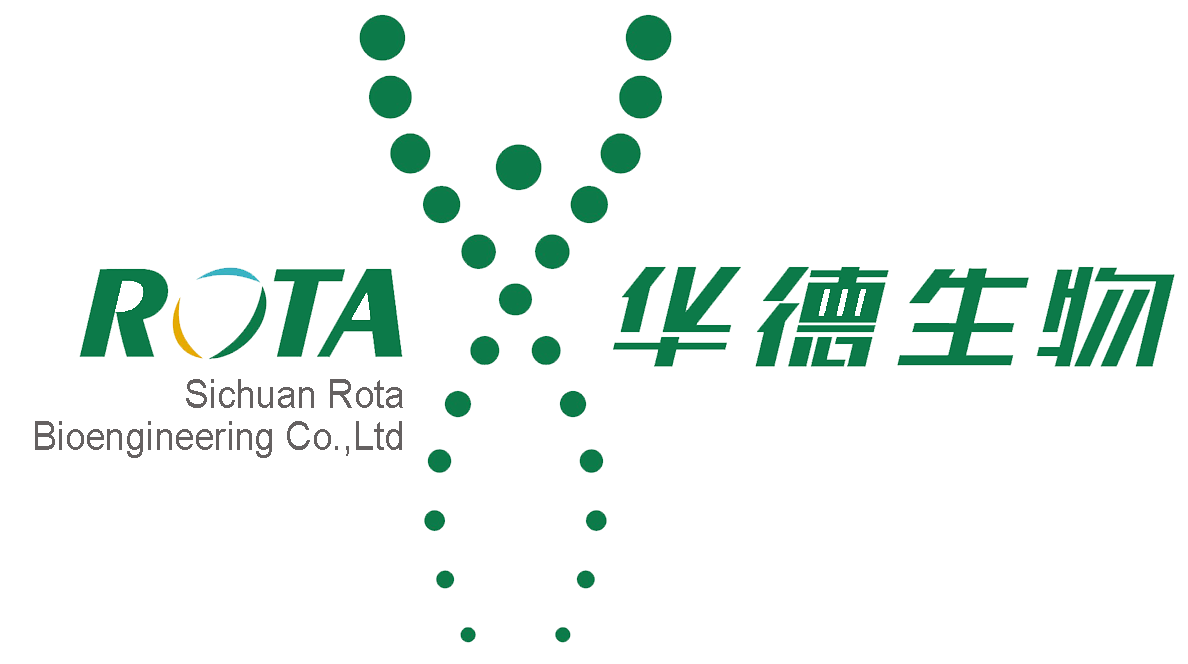
| Swine Gut Health SolutionsThe key to swine farming is the health of the gut, so gut health plays a very important role in farming, even with today's more precise feed formulations and more refined processing techniques, and the selection of ingredients is becoming more stringent, however, the production performance of breeding is still not greatly improved. Why?
In Rota, the regulation of intestinal health through nutrition, immunity and microecology is approaching maturity. More valuable is, we provide directly solutions to the problems of intestinal epithelial damage and growth and developmental inhibition. |
 |
Sow Protection Health problems such as low feed intake, heat stress, low resistance, overweight or lean sows during pregnancy, inflammation or constipation, parity and improper prenatal and postnatal management can affect litter size and milk volume and ultimately the efficiency of farming.
Optimizing sow performance is fundamental to improving the health, welfare and productivity of sows and progeny, leading to sustainable pig production.
For sows, the factors that affect reproductive performance are mainly manifested in three ways: ✦The developmental delay of ovarian follicles, the low maturity of oocytes and the low fertilization rate are mainly related to the quality of oocyte development. ✦Embryo implantation and early embryo development. ✦The secretion of progesterone in the corpus luteum of the ovary and the stability of pregnancy hormones.
Addition of endogenous bioactive factors can help regulate the trophoblastic function of follicular granulosa cells, promote oocyte development, and accommodate endometriosis regulation. It promotes the production of progesterone in the corpus luteum of the ovary and maintains the stability of pregnancy. Learn more |
|
Piglets Weanning Care Our Solution: The addition of repair factor to the diet after weaning can make up for the lack of milk-derived growth factor, accelerate the repair of intestinal epithelial structure, promote the secretion of intestinal epithelial digestive enzymes, and play a direct role in the improvement of dyspepsia and the reduction of pathogenic infection. |
 |
 |
Diarrhea Control The immature intestine of piglets has a large permeability, and the intestinal epithelial cells, which form the mechanical barrier, are relatively loose. Therefore, weaning stress, sudden changes in food structure, and common infections not only cause damage to the intestinal mucosa of piglets but also weaken the mechanical barrier function of the intestine.
✦Increased risk of microbial invasion, and the contents of the intestine are more likely to spread to the submucosa, leading to inflammatory reactions. Our solution aims to: ✦Promote the secretion of signaling molecules that mediate the repair and regeneration of damaged mucosa. ✦Regulate the structure of extracellular calcium-binding proteins to promote tight cell connections, reduce paracellular permeability, and improve intestinal barrier function. ✦Activate cell migration abilities, maintain stable environments such as intestinal osmotic pressure balance, and restore intestinal mucosal barrier function. Learn More |

